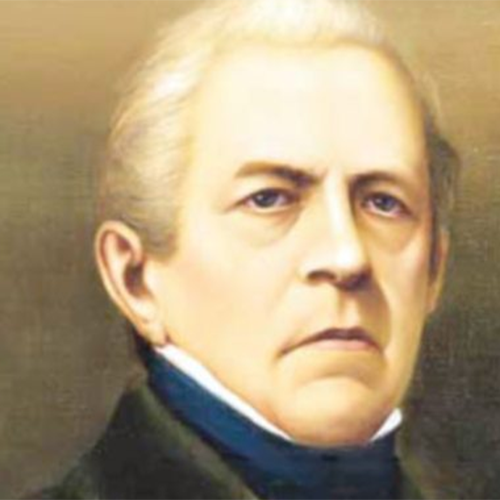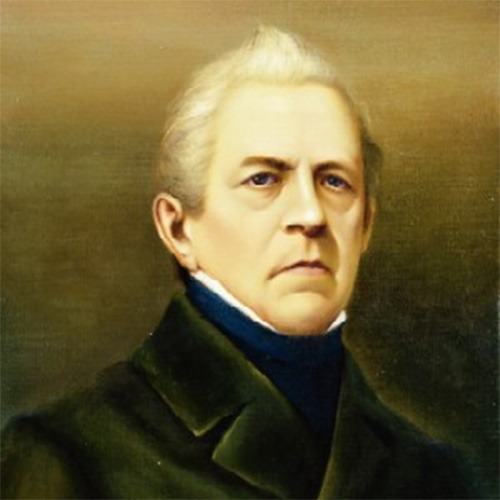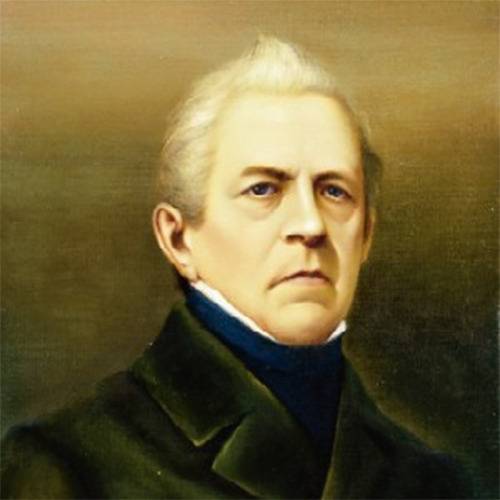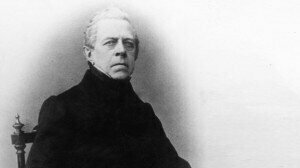
Franz Berwald
Franz Berwald: Piano Quartet in E-flat major
Since the running of the orthopedic institute took all his time, Berwald stopped composing. However, he did not lose heart. On 17 August 1838 he declared, “Art may be coupled only with a cheerful frame of mind. The weak-willed should have nothing to do with it. Even if interesting for a moment, in the end every sighing artist will bore listeners to death. Therefore: liveliness and energy—feeling and reason.” His newly found enthusiasm for music was in no small way connected to his growing romantic entanglement with Mathilde. She was only half his age, but had a keen mind and a strong interest in the arts and in music. What began as an employer/employee relationship soon blossomed into a full-blown romance. Franz sold his medical facility and went to Vienna, taking the young Mathilde with him. To legitimize the relationship, Franz Berwald and Mathilde Scherer were married on 1 April 1841. Re-energized by his young wife’s vitality and attention, Berwald took up music once again.
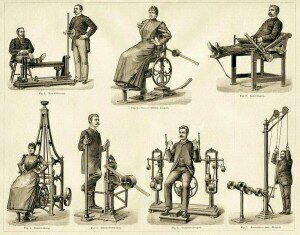
Physiotherapy Equipment, ca 1890
Berwald’s renewed creative activity was publically showcased at a concert at the Redoutensaal in Vienna on 6 March 1842. The Allgemeine Theaterzeitung described his compositions as “of great interest, notably for the originality of their material, their ideas and the disposition of their elements, and also of the treatment of the forms, and the composer’s use of the manifold possibilities and the power of the orchestra.” Franz and Mathilde returned to Stockholm on 18 April 1842, and the success of his orchestral compositions during his stay in Vienna seems to have been the catalyst for the series of four symphonies that he wrote in the space of the next three years. The only symphony Berwald heard performed during his lifetime, however, was the Sinfonie sérieuse, which was played at a concert at the Stockholm Royal Opera House on 2 December 1843. The symphony received appalling reviews, and once again forced Berwald into the world of business and commerce. However, supported and championed by his wife—who gave birth to their son Hjalmar Berwald in 1848—he never completely gave up composing again.
Franz Berwald: Piano Quintet No. 2 in A major
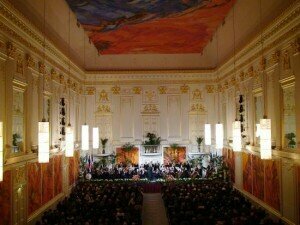
Redoutensaal in Vienna
Franz Berwald: “En parcourant les doux climats”
Franz Berwald: “Den 4 Juli 1844: Konung Oscar”

